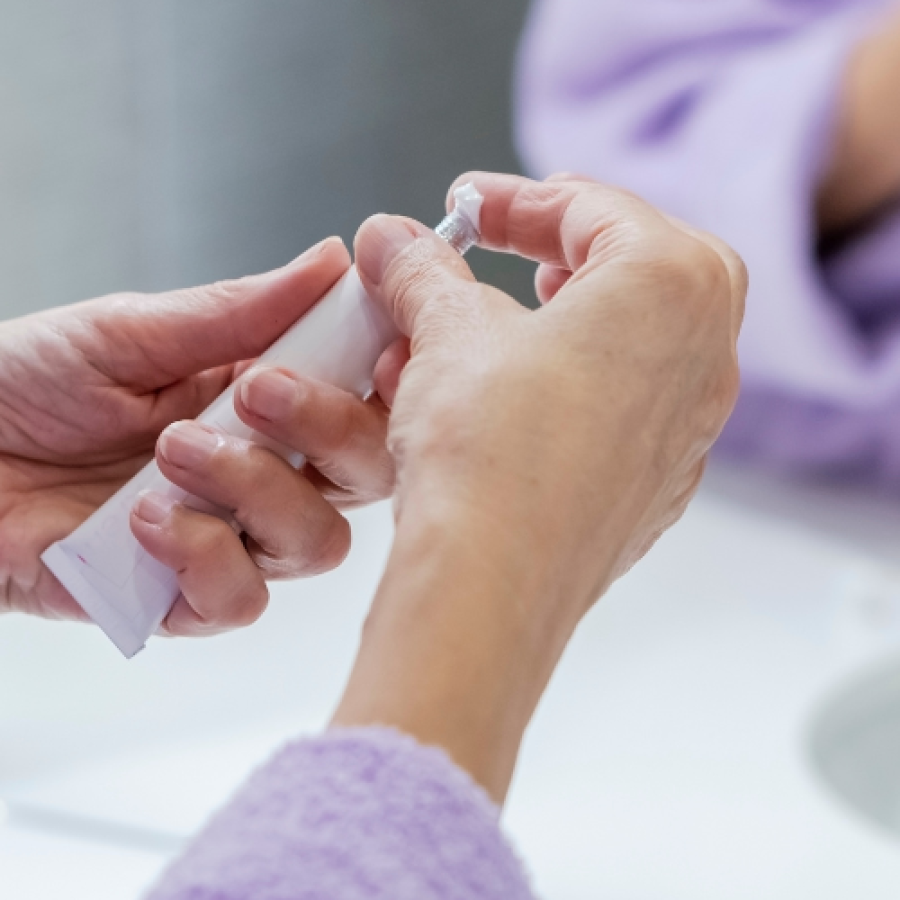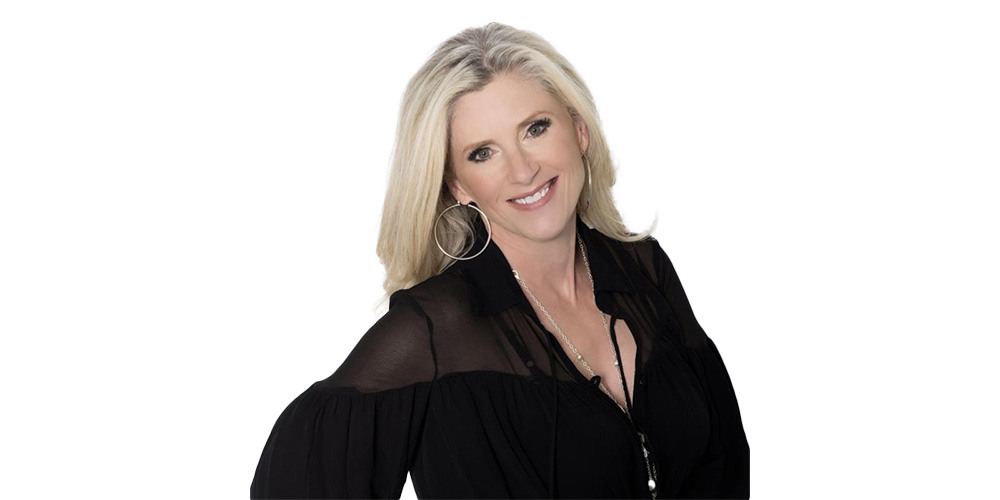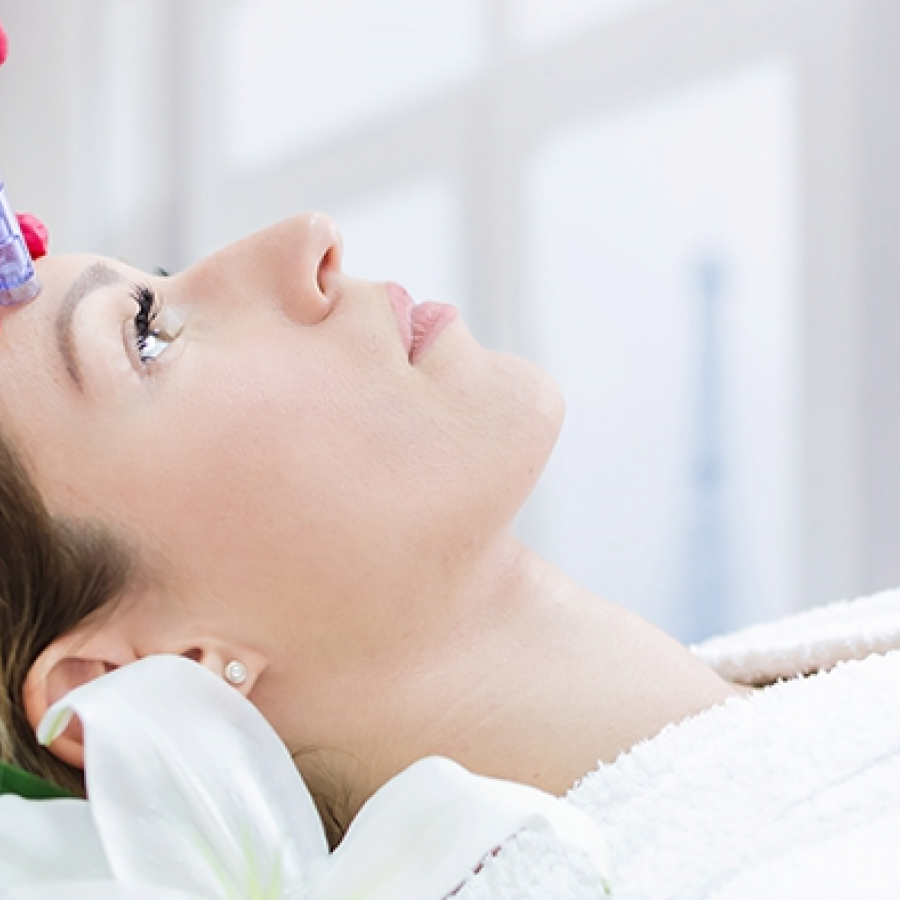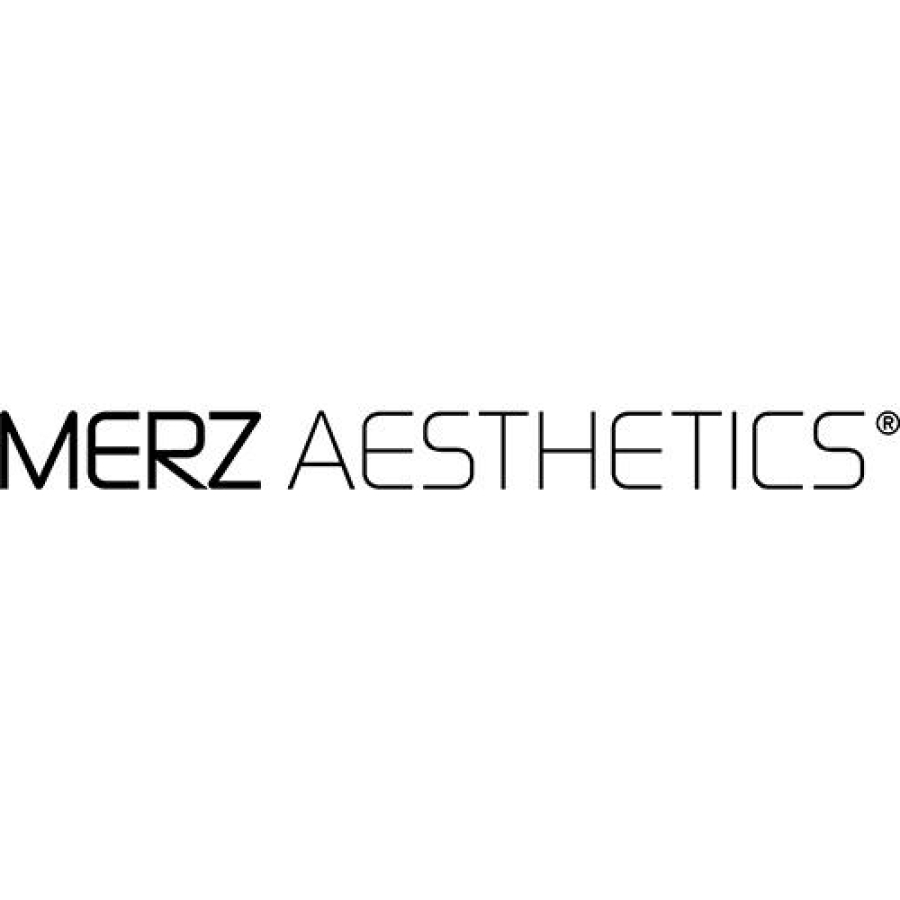
Clinical
How to Talk to Your Patients About BHRT
By Belmar Pharma SolutionsYour bustling, successful practice is full of women who really care about their appearance, and they trust ...

Show your committment to patient safety, legal compliance and community over competition.
AmSpa members receive preferred pricing on all AmSpa live and virtual trainings.
Get the latest news and information about safe, legal practice in medical aesthetics directly in your inbox.
Get access to med spa laws, in-person and online training and more!
Posted By Madilyn Moeller, Friday, December 15, 2023

By Michael Meyer, Content Manager, American Med Spa Association (AmSpa)
In advance of the Aesthetic Society’s Nuances in Injectables: The Next Beauty Frontier, a virtual symposium chaired by Christopher C. Surek, DO, FACS, of the Academy for Injection Anatomy, the Aesthetic Society President, Melinda J. Haws, MD, a Nashville-based plastic surgeon, spoke with AmSpa Content Manager, Michael Meyer, about the Aesthetic Society, its relationship with AmSpa, and its vision of safe, compliant medical aesthetics.
Michael Meyer: The Aesthetic Society has traditionally been an organization that almost exclusively deals with plastic surgery practices. How is that changing, and how can AmSpa’s audience take advantage of these changes?

Melinda J. Haws, MD: It's always been that you had to be working in a plastic surgeon member's office to take advantage of Aesthetic Society benefits. That is something we're looking at expanding. I would encourage nurse practitioners, physician assistants and registered nurses to check out Nuances, check out our annual meeting if you can, and see if it resonates with you. We're proud of our education, and non-surgeons who are interested in becoming members of the Aesthetic Society should stay tuned for more information.
(Read more about the Aesthetic Society offering training to non-physicians for the first time.)
MM: What is your experience with medical aesthetics, and what do you love about it?
MH: When I trained, I did a six-year combined general surgery and plastic surgery residency, then I did a year fellowship, split between two different places. But when I first got out, I was still doing all kinds of burn surgery and reconstruction after trauma and putting hands back on. But everything we're taught to do from the very beginning of our plastic surgery training is to do it as aesthetically as possible, because it needs to not just work—it needs to look as normal and as good as it possibly can, whether it's a baby with a cleft lip palate or it's a burn patient. Medical aesthetics is just another branch of that, because as we age—and we're all going to age—we're all going to choose to fight that, or I can age gracefully with Botox. I'm convinced it's completely possible.

We all want to look our best and age well, whatever that definition is. But it's not just surgery. I've kind of backed off on facelifts, but 10 years ago I'd have women come see me for a facelift who'd never used sunscreen in their entire lives. There's so much that we can do non-invasively, or with a needle non-surgically, between topical treatments, sunscreen, lasers, Botox and other injectables. There are so many things we can do to make a patient look and feel better, because it's all about how you feel on the inside. If you look great on the outside, but you're not happy with how you look, then it doesn't work. It needs to resonate.
I love medical aesthetics because it's taking care of all that. It's taking care of the skin and it's paying attention to all those things that are so important. Fifty years ago, nobody was really paying attention to the fact that you shouldn't smoke—that it was bad for your skin. We figured that out, and then we figured out that too much sun exposure is bad for your skin. And now we figured out that there are ways that we can make the skin look better, whatever your exposures have been. I really like medical aesthetics because it puts control into the patient's hands—they can choose how much they want to do, which lets them be a partner in improving how they look and feel.
MM: What advice would you give others who are working in or looking to get into medical aesthetics or plastic surgery?
MH: I think it's really important to remember that you need to be well trained to do whatever it is you're going to do, and you need to keep patient safety and ethics first. Know that whatever you do for a patient, that's your walking billboard, so you need to be safe for them. Patients don't always know what they're asking for, and they don't always know that what they ask for, one, may not be possible, two, may not be safe, and three, may look really weird when they're done. So, I think the more people in the space who are good at what they do, who do good work, who take good care of patients, I think the more the space is going to expand. It's a matter of how good you become at doing what you do, how well trained you are, and how well you take care of patients, because you really are your own competition.

Sign up for Nuances in Injectables: The Next Beauty Frontier today! AmSpa Members receive special pricing, so Members should be sure to register using the email address connected to their membership.
Related Tags
Medical spa news, blogs and updates sent directly to your inbox.

Clinical
By Belmar Pharma SolutionsYour bustling, successful practice is full of women who really care about their appearance, and they trust ...

Clinical
Win Free Exosomes → Simply Register for the Free Exosome Masterclass By MedResultsIn today’s rapidly evolving aesthetic landscape, one ...

Clinical
With Molly Muecke, RN, MSN, NP-CMicroneedling is a popular aesthetic treatment offered in 79% of med spas (2024 Medical Spa ...

Clinical
On November 5, 2025, Merz Aesthetics announced that Ultherapy PRIME® gained U.S. Food and Drug Administration (FDA) clearance to improve ...